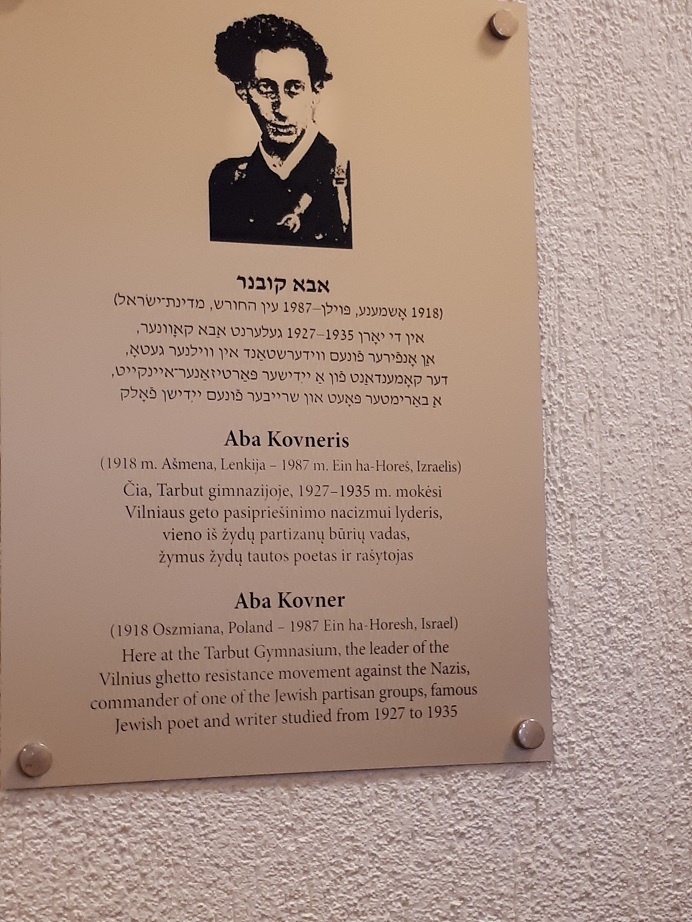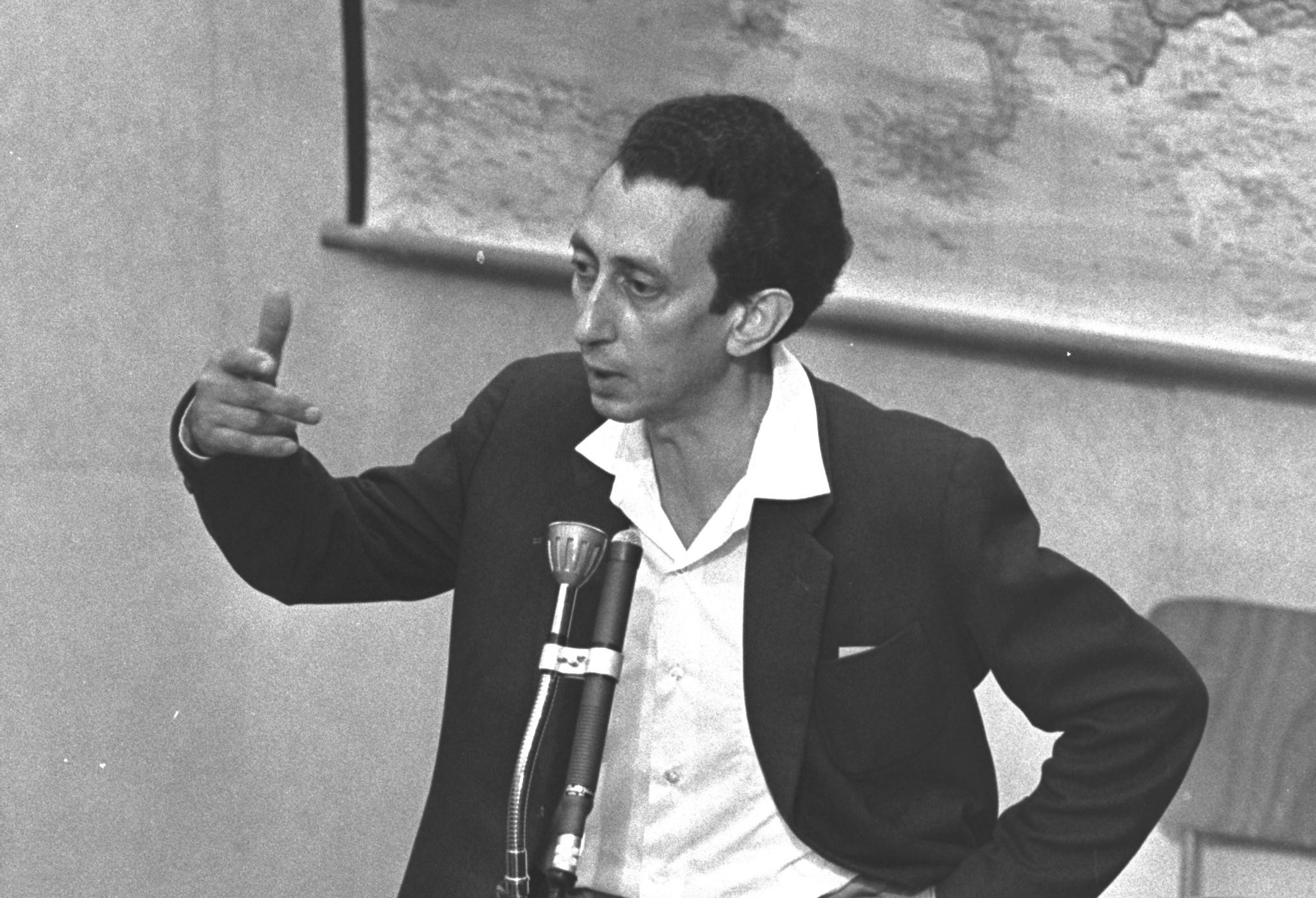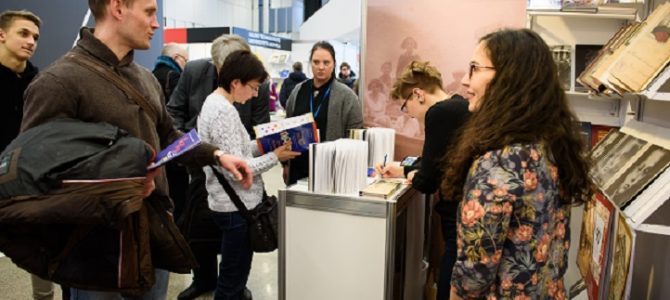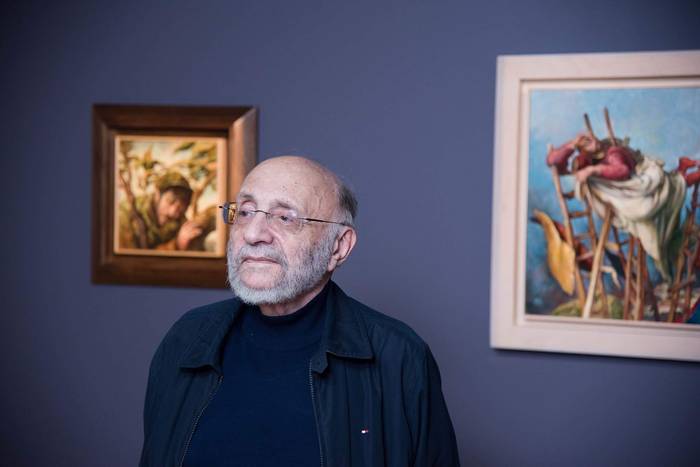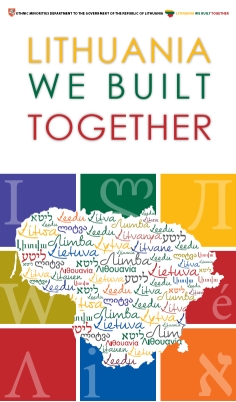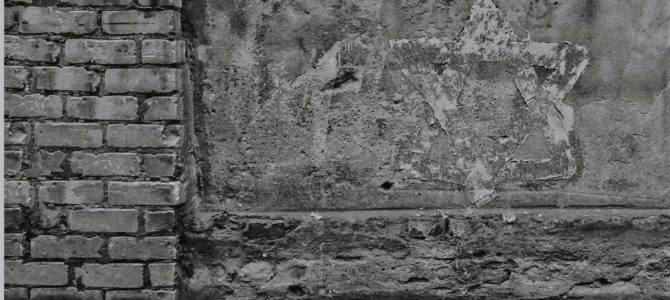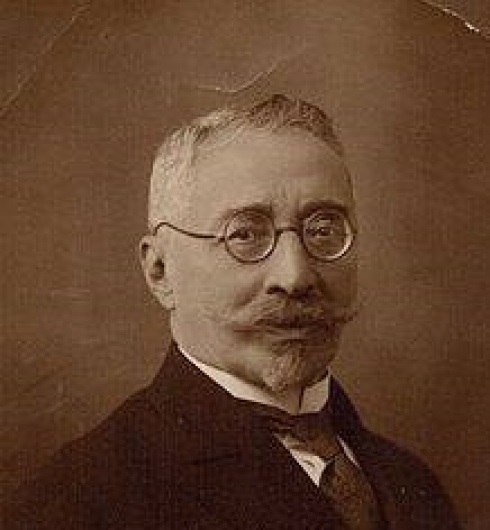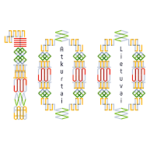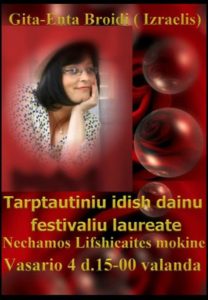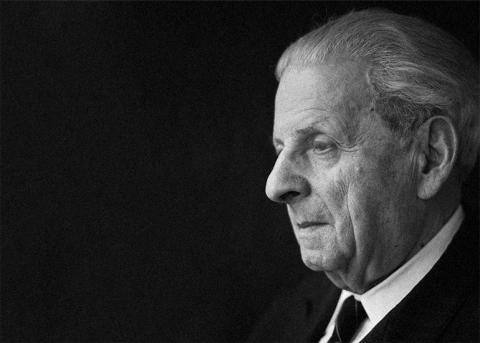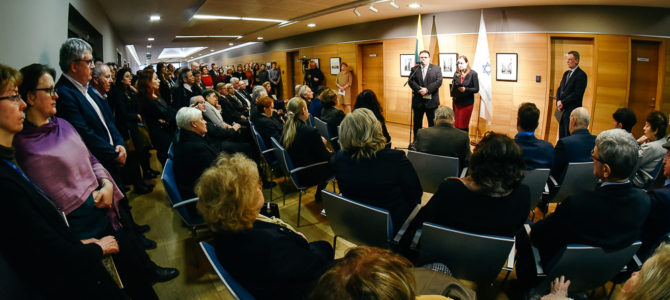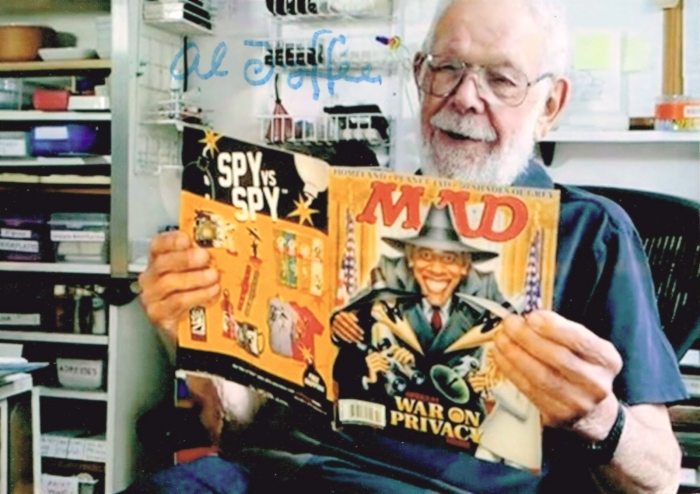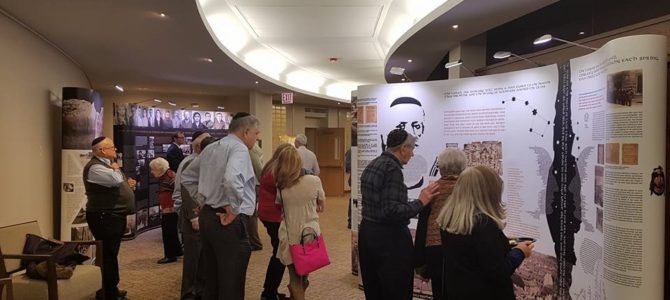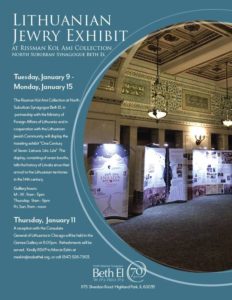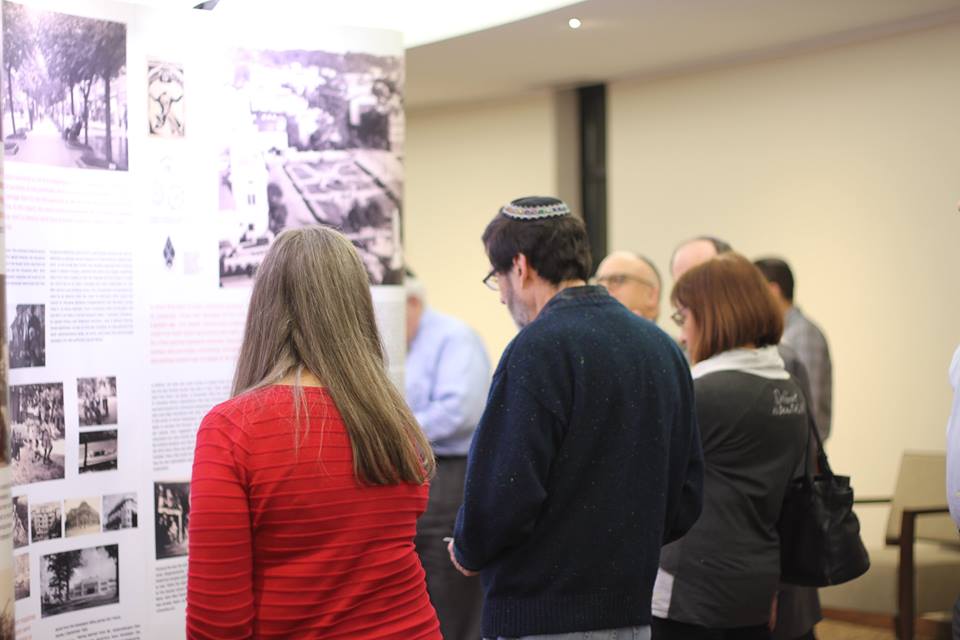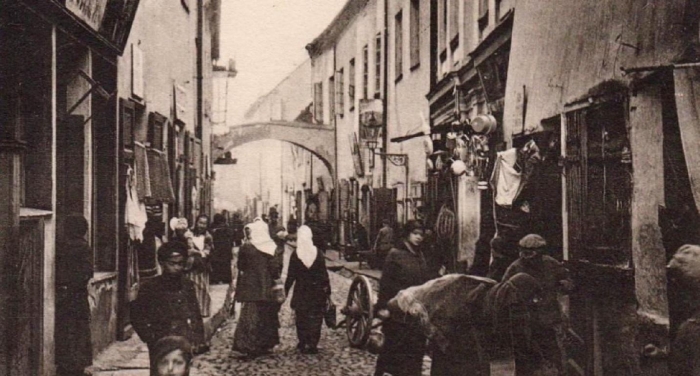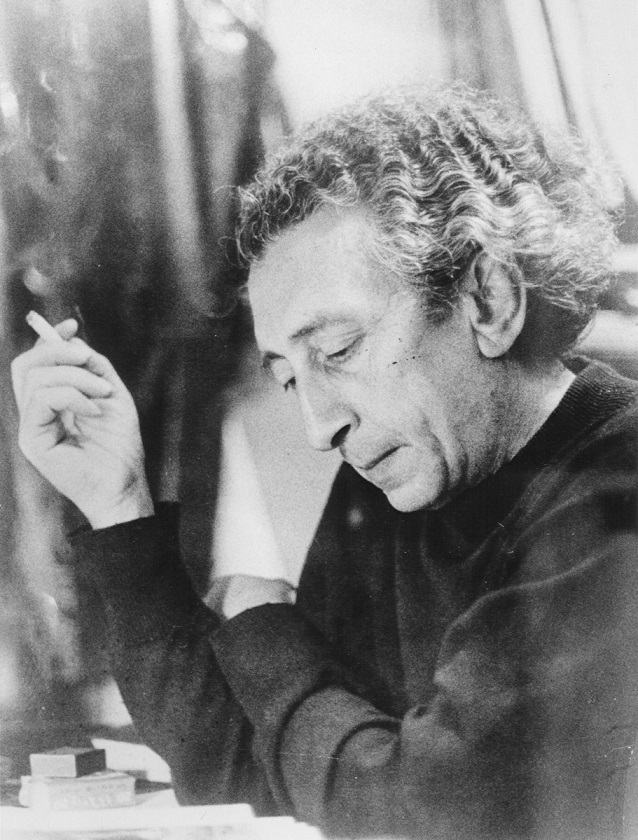
Loss and renewal, the lot of victim and resistance, extermination and rebirth: these are the themes the writer Abba Kovner (1918-1987) wrote about from his own experience.
The first biography of the poet and partisan leader written by Dina Porat won the National Jewish Book Award for explaining history and bringing it to life.
Kovner was born in Oshmyani on March 14, 1918, a Lithuanian town in Belarus about 50 kilometers from Vilnius. After making aliyah to Israel following the war, he was often presented as a poet and prose writer, but Litvaks remember Kovner as a partisan leader who went on to help found the modern state of Israel.
In 1927 his parents moved the family to Vilnius and Kovner attended the Tarbut Gymansium. This building now houses the Lithuanian Jewish Community. He received a Jewish education there, including Hebrew and exposure to modern literature, and began to write poetry while in high school. In 1939 he was admitted as an auditor of classes at the Arts Faculty of Vilnius University. He engaged in illegal Zionist activities during the Soviet occupation of 1940. He became leader of the Ha-Shomer Ha-Tzair Zionist youth movement.


